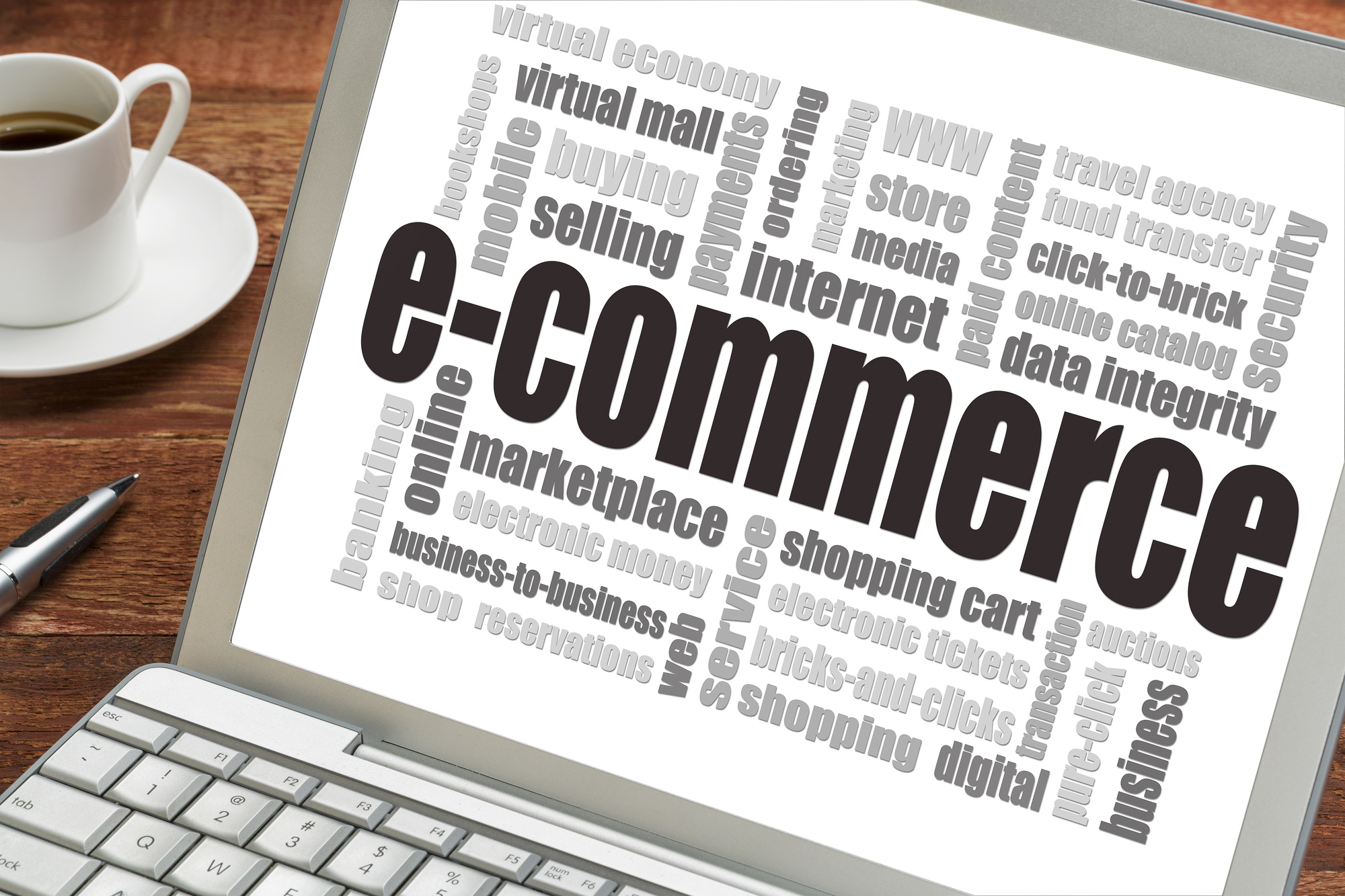

Amazon fulfillment services are a popular choice for product manufacturers looking to take advantage of Amazon’s mighty market reach. It stands to reason, considering 55% of all online product searches begin on Amazon.
Enrolling in the Amazon fulfillment program also gives manufacturers access to over 65 million Amazon Prime customers. This captive audience is an attractive lure, but are Amazon fulfillment services all they’re cracked up to be?
Fulfilled By Amazon (FBA) services have been drawing increased criticism as the marketplace has grown and developed.
To help you decide why you might want to consider alternatives to Amazon’s fulfillment services, we’ve compiled some guidelines for alternatives.
Reasons To Consider Amazon Fulfillment Alternatives
From falling profitability to lack of control over your inventory, here are some of the main reasons you should consider FBA alternatives to remain profitable and competitive.
FBA Fees
It’s hard enough to be profitable in e-commerce at the best of times. Hidden fees in the Amazon fulfillment services can make it exponentially more difficult to make money while selling a product online.
According to some sellers, Amazon’s FBA fees can account for as much as 56% of the final sale. While the larger amount of traffic can make Amazon fulfillment an attractive option, especially for higher ticket items, low-cost items might only yield a penny or two in profits.
Considering Amazon’s storage fees of $11.25/cubic foot, these profits drop even further. You might even encounter disposal or removal fees for inventory that’s not selling fast enough.
Responsible for Refunds and Returns
Amazon fulfillment services might be good for shoppers and Amazon, but they place FBA suppliers at risk.
Amazon rolled out a new return and refund policy that allows customers the possibility of a full refund without having to return the item. These “returnless refunds” have sellers up-in-arms, as they encourage unethical shoppers to simply try and get free product.
Amazon’s new policies can be a logistical nightmare for sellers who honor their own fulfillment, as well.
Inventory (Mis)Management
Amazon’s FBA program can place your physical inventory in serious jeopardy.
Once your merchandise reaches Amazon’s warehouse, you lose the ability to monitor your stock. For items without SKU labels, it’s possible for your merchandise to get intermingled with other Amazon fulfillment providers. Not only will you miss out on potential profits, you may end up libel for someone else’s faulty products or scams.
You also have no control over how your product is packaged or shipped. FBA orders can be full of errors, especially during the busy seasons. Your company still bears the brunt of the negative reviews and diminished customer loyalty, even when you have nothing to do with the shipping process.
Highly Competitive
The heavy traffic on Amazon can be a detriment as well as a blessing. There are millions of Amazon fulfillment sellers to be noticed on Amazon’s extensive platform.
To truly be competitive as an FBA seller requires spending extensive time, money, and resources on SEO analytics and monitoring your competition. That money could be better spent on growing your e-commerce business.
Requires Up-Front Investment
Unlike drop shipping, FBA requires the initial investment of producing your merchandise. Think of FBA as more like investing in the future’s market. You’re speculating on the market demand for your product.
Your competition is up against this same restriction, however. FBA’s up-front investment can be a boon for those who have the funds to produce their goods ahead of time.
Alternatives To FBA
Amazon isn’t the only marketplace to offer fulfillment services. Walmart and eBay also offer popular e-commerce alternatives to FBA for those looking to diminish the competition and maximize their profits.
Walmart.com Marketplace
Walmart’s Marketplace is gaining momentum as a popular platform for e-commerce. Walmart reported a 61.3% increase in e-commerce sales in the first quarter of 2017. It’s also ramping up with the acquisition of Jet.com.
This merger has seen the number of SKU’s on Walmart.com skyrocket. In fact, 67 million unique items are listed on Walmart.com, as opposed to 8 million in 2016.
Walmart.com partnered with Google Express in 2017, allowing Walmart products to be sold through the Internet monolith. There are plans in the works for Walmart to integrate with Google Home’s smart speaker, as well.
Walmart’s fee structures are simpler to understand than FBA. There are less hidden costs for storage. Walmart doesn’t burden re-sellers with brand-gating fees, either.
Finally, Walmart reduces the number of monthly or annual fees, favoring referral fees instead.
Walmart’s marketplace allows each seller to set their own return and refund policies. This reduces the risk of Marketplace sellers have to bear the brunt of dis-satisfied or unethical customers, as can sometimes be the case with FBA.
Walmart boats more fulfillment centers than any other online marketplace. It recently acquired Parcel.com, implementing same-day shipping for the NYC area. The Jet.com partnership will likely see this capacity explode even more in the coming year.
eBay’s Online Marketplace
eBay is the longest-running and most established e-commerce marketplace on the Internet. They’ve ironed out many of the hiccups and bugs that plague upstart marketplaces.
Reasons To Use eBay’s Marketplace
-
Better for selling unique or handmade items
-
Better opportunities for branding
-
More flexibility and control of listings
-
Open to selling in multiple categories
-
Less wait on payments
-
Ability to use auctions
-
International audience
-
Selling real estate or vehicles
-
Fastest setup
-
Active community
Online marketplaces are some of the simplest, fastest ways to get started in e-commerce and reach an established community. It’s a great place to begin when you’re still building your audience or for those with limited marketing budgets.
They also put your products in front of millions of eyes. Using online marketplaces effectively help make the most of e-commerce while avoiding some of its pitfalls.
Ready To Get Started Selling In Online Marketplaces?
FBA, Walmart, and eBay are just a few of the marketplaces out there. There are many more to choose from, with varying degrees of profitability. Read our Top Marketplace guide to find out which one is best for your brand or business!

